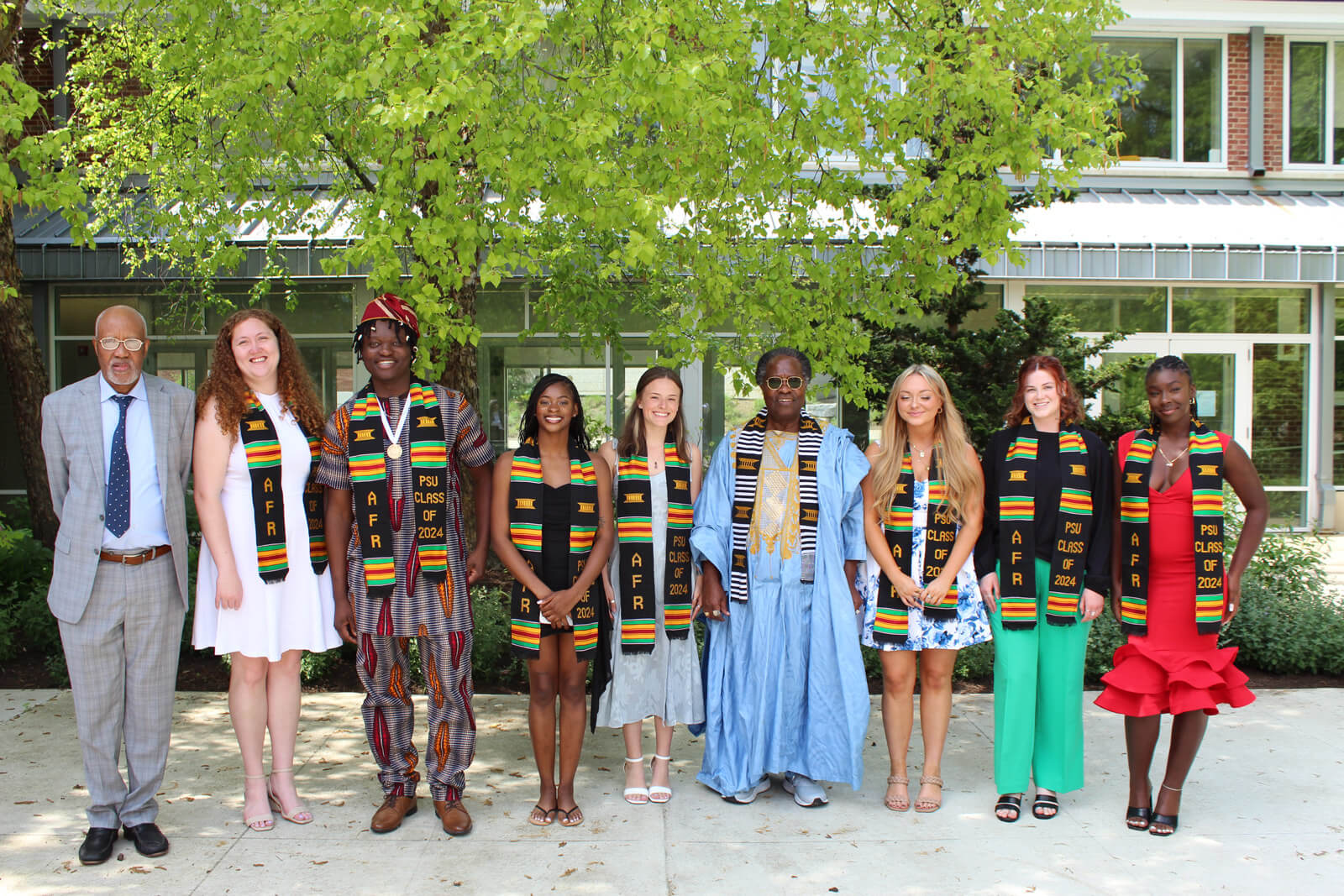What is African Studies?
Africa is a vast continent that is now transforming politically and economically at an unprecedented pace. Its rich history, resources, and spirit of creativity makes it more than ever the continent of hope and opportunity that will see rapid development in the years to come. African Studies will help students develop their understanding of various aspects of the African continent, including topics such as:
- Africa in world history
- Africa and the global political economy
- Africa and international relations
- Africa and international development
- Peace studies
- Conflict resolution
We also have courses that emphasize the diversities of culture, race, ethnicity, and religion on the continent. The program utilizes historical, cultural, geographical, economic, and political approaches to equip students with skills to undertake research on issues pertinent to Africa and to prepare themselves for careers in a range of professions as well for post-graduate studies.
Why Study African Studies?
You might like this program if:
- You are passionate about gaining skills to think critically, and speak and write articulately about Africa and its peoples;
- You would like to explore the world through study-abroad opportunities to countries such as South Africa, Morocco, Ghana, and Tanzania; and/or
- You would like to learn more from our faculty who actively teach, conduct research and publish in such topics as African history, politics, art, literature, economics, geography, linguistics, African feminism, demography, and health.
Potential Careers
Graduates in African Studies go on to pursue a wide-range of career paths.
- US government
- International business firms
- International think tanks
- Other governmental and non-governmental organizations in Africa
- Primary and Secondary education
- The arts
- Drought mitigation
- Wildlife Management
- Community Development
Opportunities for Graduate Studies
Some students continue on to graduate school, so our program also aims to train graduate students who will have a comparative advantage for African Studies-related employment in academia, bilateral, and multilateral agencies.
